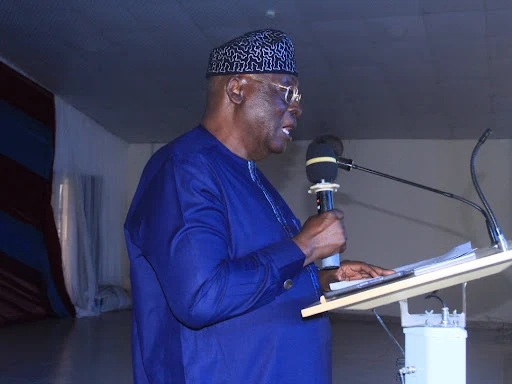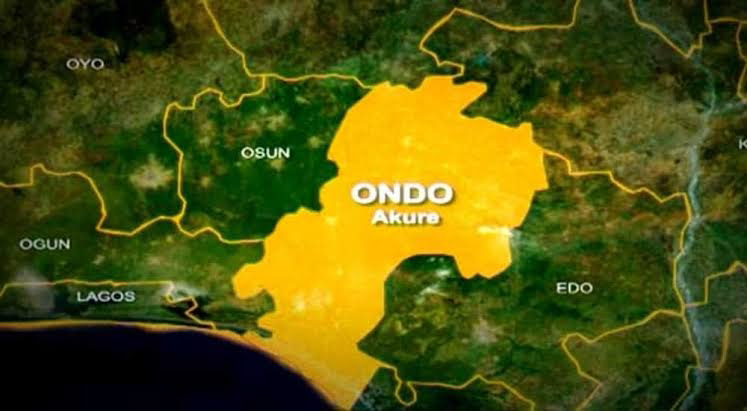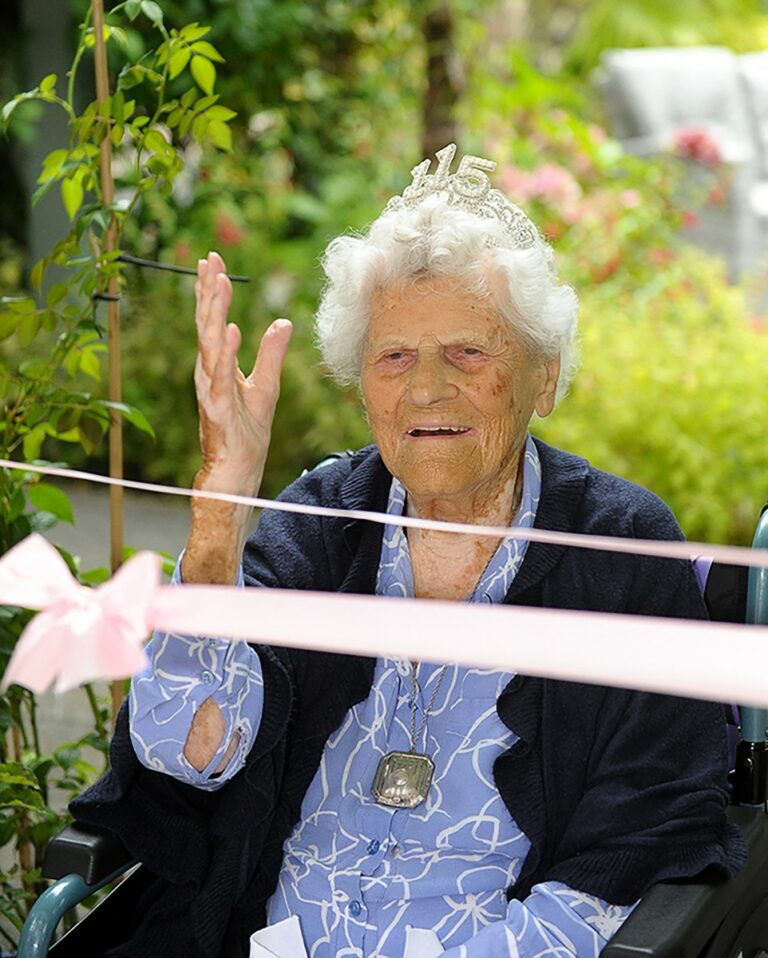Chairman of the Board of the Nigerian Ports Authority, Senator Adedayo Adeyeye, has said Nigeria’s economic future lies in harnessing opportunities within the Blue Economy sector.
Adeyeye made the remarks on Tuesday, August 19, at the maiden Distinguished Public Lecture of the Centre for Blue Economy and Innovation, Olusegun Agagu University of Science and Technology, Okitipupa, Ondo State. He spoke on the theme, “Imperative of the Blue Economy in Driving Nigeria’s Economic Development.”
According to him, the Blue Economy represents a present opportunity capable of transforming the nation’s economy into an engine of growth if backed with investment, strong governance, and sustainable practices.
He pointed to a recent report by the Nigerian Maritime Administration and Safety Agency which, he said, indicated that Nigeria could tap as much as $296 billion from the sector. He called for urgent policy redirection to unlock such wealth, create massive employment, and empower the country’s youth population.
Adeyeye commended President Bola Ahmed Tinubu for establishing the Ministry of Marine and Blue Economy, describing it as unprecedented in Nigeria’s history and a step with the potential to transform the country’s fortunes.
“The 21st century has ushered in new economic frontiers and among the most promising of this is the Blue Economy, which is the sustainable use of ocean and other water resources for economic growth, improved livelihoods and job creation while preserving the health of aquatic ecosystems.”
Nigeria, he noted, is endowed with over 853 kilometres of coastline, an exclusive economic zone spanning 200 nautical miles, navigable inland waterways, and rich marine biodiversity, yet remains unable to fully utilise these resources.
“The UNDP has estimated the global Blue Economy to be worth 2.3 trillion dollars per annum with more than 3 billion people relying on the ocean for livelihood and survival. Therefore, Nigeria cannot afford to miss her own share of the 2.3 billion dollars that the Blue Economy presents.”
He argued that Nigeria could take a cue from Morocco, which, he said, earns nearly the equivalent of Nigeria’s annual budget from fisheries alone.
In his lecture, Adeyeye described the Blue Economy as comprising wealth-generating activities tied to oceans, seas, coasts, and inland waterways worldwide. He listed such activities as maritime transport, port services, fisheries, aquaculture, tourism, offshore renewable energy, seabed mining, biotechnology, shipbuilding, coastal agriculture, and wetland resources.
He further identified poor policy vision, insecurity in the Gulf of Guinea, piracy, corruption, weak maritime governance, inadequate infrastructure, and poor manpower development as some of the sector’s biggest challenges.
Despite these obstacles, he expressed optimism that strategic development of the Blue Economy could guarantee food security, economic diversification, job creation, poverty reduction, environmental sustainability, and reduce Nigeria’s dependence on oil revenues.
“With our vast coastal lines, offshore wind, tidal and wave energy currently wasting away, Nigeria can generate cheaper environmental friendly and reliable power for our domestic use and extension to our West African neighbours to earn robust foreign exchange.”
He urged the Federal Government to invest in coastal infrastructure, establish dockyards, promote tourism, strengthen maritime security, and expand maritime training institutions, while also creating a policy framework to ensure sustainable use of ocean and water resources.
Representing Ondo State Deputy Governor Dr. Owolabi Adelami at the event, Deputy Chief of Staff Dr. Adekola Falodun called on Nigerians to support the presidential initiative on the Blue Economy.
Similarly, Vice-Chancellor of OAUSTECH, Prof. Temi Ologunorisa, stressed the need for government, industry, and the public to embrace ocean resource development, noting that resources on land are depleting rapidly.
“If OAUSTECH is to become a leader in the development of the Blue Economy in the country, we need to bring captains of industries, who have made substantial progress in the area to interface with us for the needed collaboration, exchange of ideas and experiences.”
He also urged the Ondo State Government to domesticate Tinubu’s initiative by creating a state Ministry of Blue Economy and Marine Resources.
In her welcome address, Director of the Centre for Blue Economy and Innovation, Prof. Funmilola Agbebi, said the lecture provided a platform to reflect on how Nigeria could balance economic growth, collaboration, social inclusion, and environmental sustainability in the management of its marine resources.
The lecture attracted policymakers, academics, maritime stakeholders, security agencies, traditional rulers, financial institutions, and students of the university.








